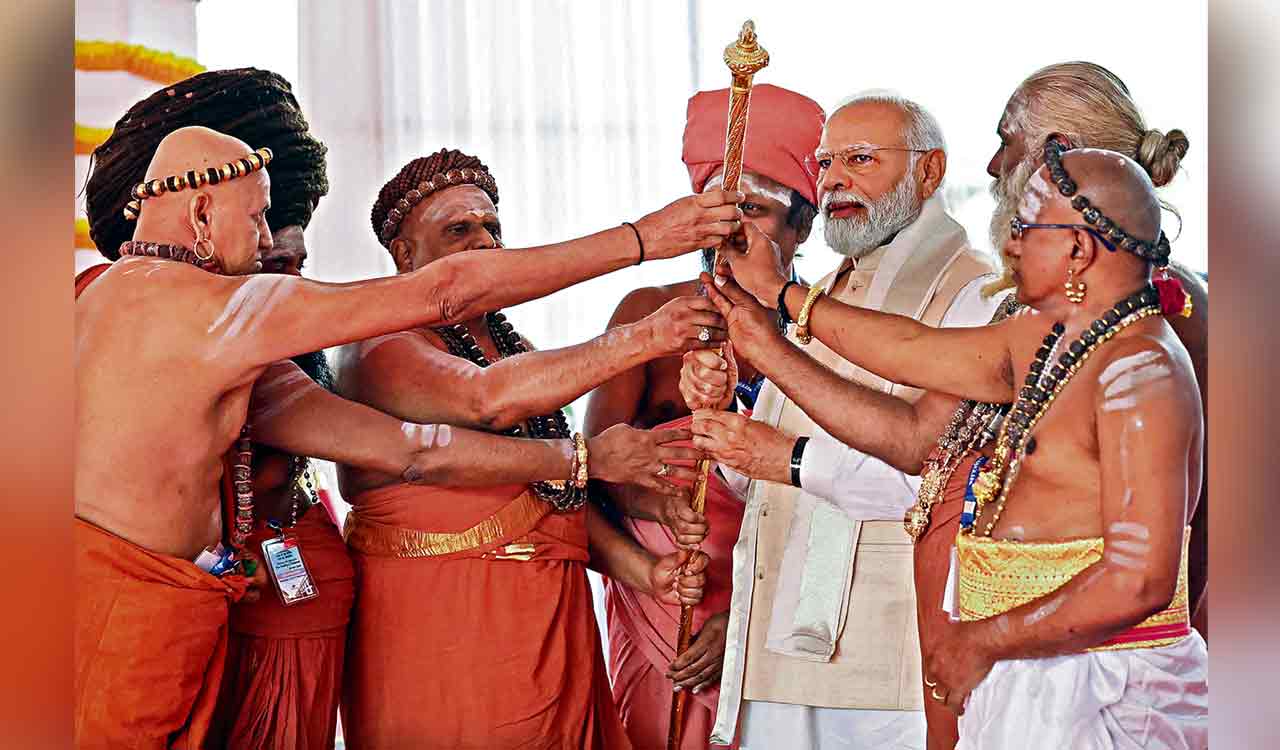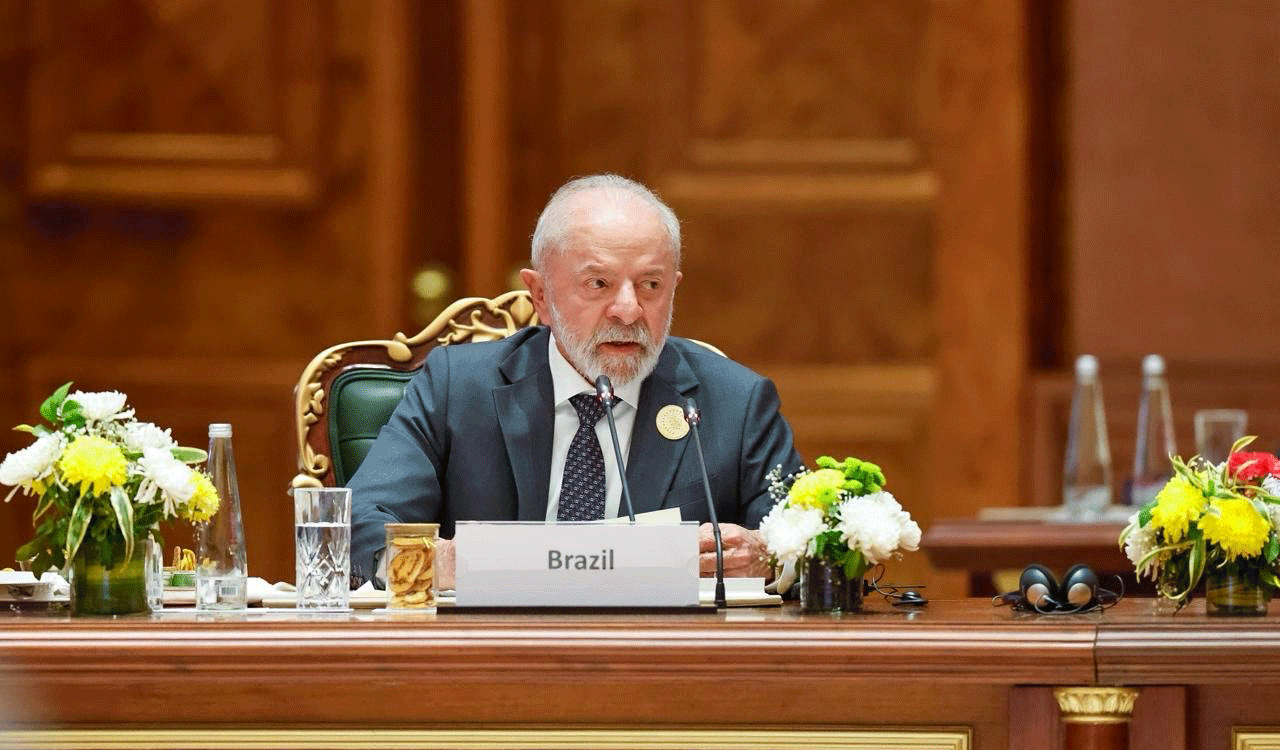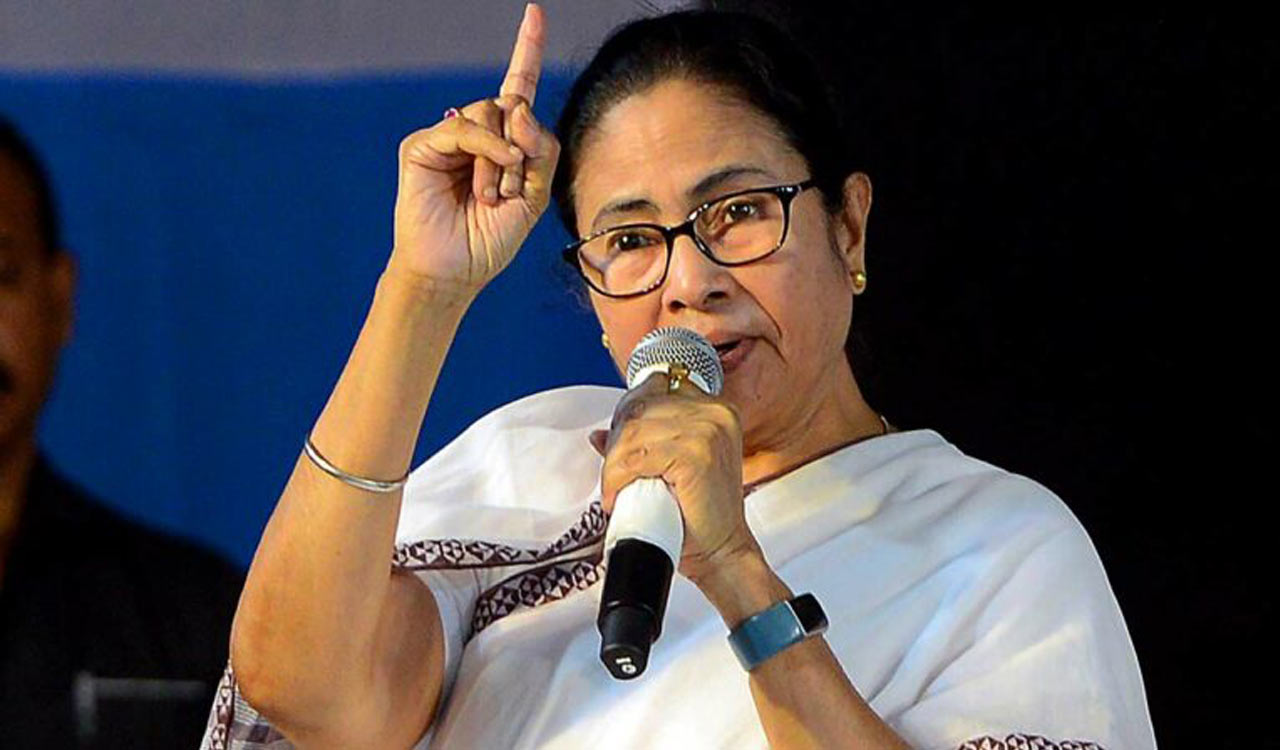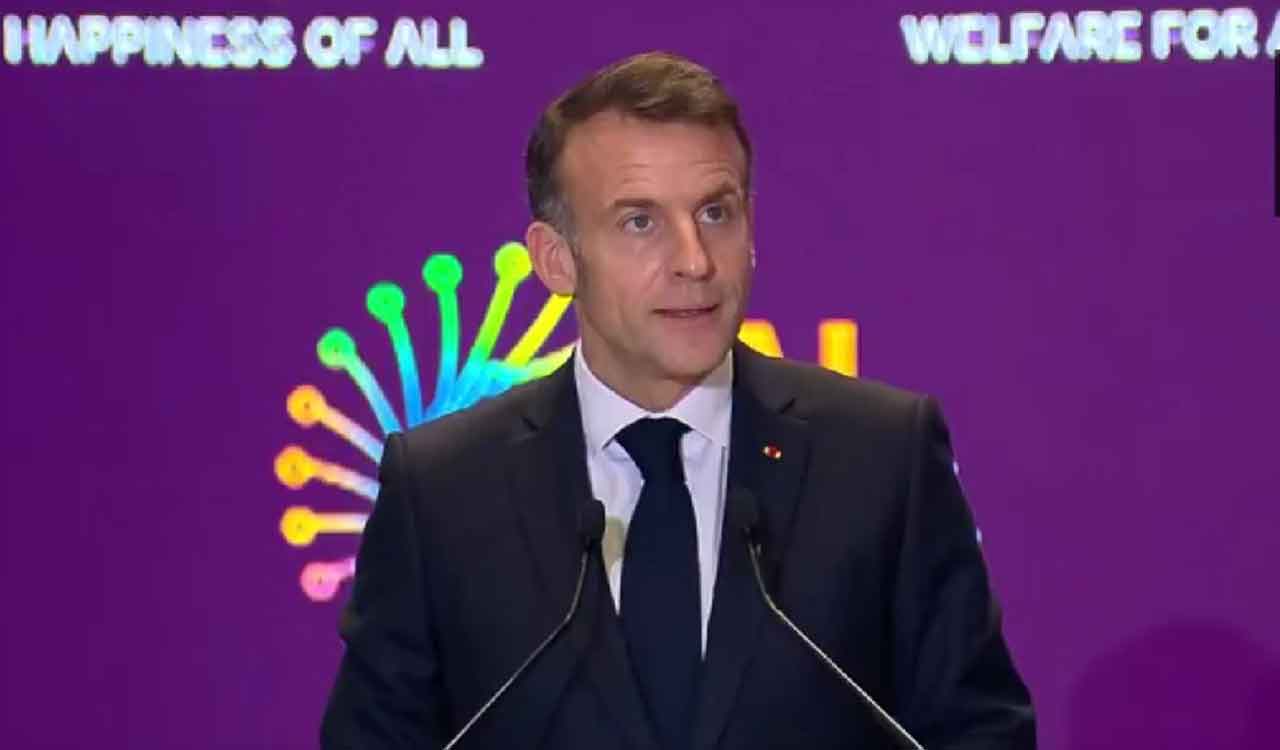Opinion: Missed opportunity for BJP govt
The inauguration of Parliament building by the President would have sent a strong message on inclusive governance

By Nayakara Veeresha
On May 28, Prime Minister Narendra Modi inaugurated the new Parliament building in a grand manner. It also saw the placing of Sengol or sceptre in the House. The inauguration took place without the opposition parties — 21 parties boycotted, including the Congress. The subversion of democratic tradition by not inviting the constitutional heads — President and Vice-President — came in handy to the critics of the ruling dispensation.
Also Read
The Supreme Court dismissed the PIL demanding the inauguration of the new Parliament building by the President. By denying the democratic right of the President being the Constitutional head to inaugurate the new building, the NDA alliance led by the BJP has missed a golden opportunity to expand the notion of inclusive governance. Even in a symbolic manner, it would have sent a strong message to those who critiqued the government’s appointment of Droupadi Murmu as President as appeasement politics or a populist measure.
Democratic Decline
Prime Minister Modi after coming to power in 2014 had said his government would strive to uphold the Constitution and, most importantly, Parliament’s role in democratic governance. Down the lane in 2023, the country is witnessing the declining role of Parliament not only in law-making but also in terms of the attack on constitutional values such as individual liberty, fraternity, equality and justice.
This democratic decline is a global phenomenon and India is not an exception. However, what is exceptional is the intensity with which these hard-fought democratic rights of the citizens are being suppressed on the basis of religion and identity politics — firmly refuted and discarded by the makers of modern India through Constituent Assembly Debates (CAD). The ongoing ethnic conflict in Manipur and other northeastern States signifies this fact in a reasonable manner.
The rise of the nation-state and its expansion to the world, especially to the nations that became independent after colonial rule, has significant ramifications on the principles of democracy. The idea and concept of the nation-state which has its roots in the separation of politics from the governance of the church in Europe gained currency in modern times and firmly established as a form of democracy based on reason.
Modern State
The German philosopher Hegel called the state as an ethical order whereas Karl Marx finds the imperfect civil society as a reason for the emergence of a modern state. When India attained Independence in 1947 and established the democratic republic in 1950, Winston Churchill and other western leaders opined on the unsustainability of democracy in India due to its undemocratic character and culture of society which is divided on various lines.
The inauguration of new Parliament reminds us of our undemocratic attitude and unchanged culture. No doubt all the religious leaders were invited and present at the ceremony, however, the rituals were performed on the basis of one religion only. The personality cult and the performance of rituals based on a selective religion are antithetical to the idea of India where plurality of religion is the hallmark of our democratic tradition. Upholding one religion or its practices over the marginalisation of other religions and its practices augments the marginalisation of other religions in a democracy. Such practices only reflect the undemocratic nature and deepen the notion of religious nationalism which the CAD has unanimously refused to agree upon.
It must be noted that though the Constitution has not given the privilege to any religion, it allowed the state to practice its own personal laws in the case of religious minorities. The creation of religious minorities has always had an in-built consequence on other religion/s being tagged as a majority. This binary creation is deeply problematic to India and its secular principles. The preferential treatment of religious minorities is a peculiar case along with the denial of reservation to women in politics and governance. The new parliament inauguration reflects this dichotomy and further deepens the existing social divisions, albeit in a silent and subtle way.
The inauguration of the new Parliament building should have been done more democratically by including rituals and ceremonies of all the religions of the country. This would have supported government’s claim of ‘Akhanda Bharat’ or ‘New India’ or ‘Mother of Democracy’. It’s truly a missed opportunity for the government to showcase the democratic credentials to the whole world of the principle of ‘unity in diversity’ or ‘vasudhaiva kutumbakam’. The inauguration by the President would have sent a strong message to the Adivasi communities on inclusiveness in governance. The exclusionary governance in the name of majoritarian rule is unacceptable and needs radical changes.
Social Democracy
The fruits of political democracy are yet to reach the marginalised sections of society. The entitlements over empowerment approach of the successive governments to the citizens’ well-being is no longer viable or sustainable from the perspective of what the government is claiming as “New India”.
The unchanged social character of society requires radical transformation to retain the political democracy at the top as described by Dr BR Ambedkar. The building of social democracy requires constitutional awareness and morality among the citizens so as question the undemocratic practices of the governed. Constitutional morality is not an automatic progression and it needs to be cultivated. Social democracy and constitutional morality are the two sides of the same coin and complement each other.
The strict separation of state society or religion and politics applies only partially to our country. The deep entanglement of religious dominance over society, including politics and governance, makes it difficult to apply the Treaty of Westphalia and the concept of nation-state. When religion is seen as part of culture then the hegemonic forces, to establish cultural nationalism, acquire strength in a republican system of democracy as argued by Antonio Gramsci. Only a vigilant and informed citizen can keep checks and balances upon such a system and make sure that it does not operate and function in a manner that engulfs the very foundation of democracy and its institutions.

- Tags
- BJP
- Manipur
- Narendra Modi
- Sengol
Related News
-
Four die by suicide in separate incidents in Medak district
2 mins ago -
Kyathanpalli chairperson stalemate aggravates internal bickering in Congress in Mancherial
8 mins ago -
Mukesh Ambani announces Rs 10 lakh crore AI investment in India
23 mins ago -
AI benefits for Global South and India can be huge: Anthropic CEO
27 mins ago -
AI can help emerging economies leapfrog growth: Sundar Pichai
31 mins ago -
NHRC flags misuse of its name and logo by NGOs
36 mins ago -
DMDK joins DMK-led alliance ahead of Tamil Nadu polls
39 mins ago -
Telangana High Court allows State, Centre three weeks to file counters on plea against GHMC split
46 mins ago




